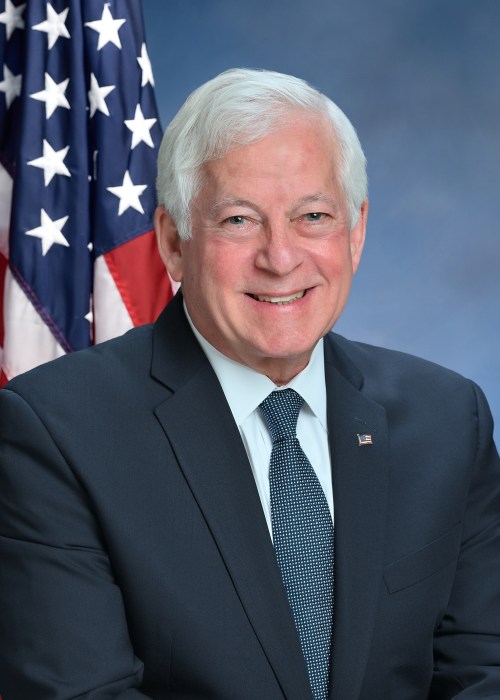George Washington famously stated that “government is not reason and eloquence but force” and therefore must be limited in its scope. True enough. But in addition to it not being reason or eloquence, it isn’t humanitarian either. In the Nov. 26, 2010 issue of this paper, Robert McMillan correctly pointed out that traffic cameras have demonstrably been found to save lives. He also said, “The cameras are not installed to raise money for local governments.” I don’t doubt the former. If, however, the latter is true, then local governments won’t object to donating fines collected from traffic cameras to some 501(C)3 charitable organization (I’d be happy to provide a list).
Let’s be honest with ourselves. All-too-often government agencies function as though they exist for no other reason than to perpetuate their own existence; to provide political patronage jobs, union featherbedding, and endless litigation fodder for law firms like the kind for which Mr. McMillan is employed. Government action to save lives? Since when has government ever cared about the preservation of human life? Cigarettes and alcohol addiction kill thousands of Americans every year. Phillip Morris and other tobacco companies have been responsible (albeit, a shared responsibility) for the loss of more American life than Al Qaeda. But federal, state, and local levels of government handsomely profit from cigarette taxes and taxes on alcohol products. If government was serious about protecting its citizens, tobacco and alcohol would be illegal or, at the very least, the government in its moral outrage would refuse to be a party to profiting off these industries much as Quakers refused to grow tobacco on their farms and abolitionists refused to purchase raw materials obtained through slave labor.
The operative phrase is “moral outrage.” Government cannot exhibit moral qualities any more than it can exhibit reason and eloquence. These are human characteristics and government is more like a dumb animal that behaves according to instincts, acts only to sate its appetites, and avoids actions that might endanger it. We shouldn’t expect government to conduct itself in any other manner than one that satisfies its short-term interests even if that conduct is self-defeating in the long run. Lord Bolingbroke, back in the 17th century, said, “The best governments, like the best constituted animal bodies, harbor the seeds of their own dissolution so that all we can do is continuously go back to their First Principles.” Indeed, government is not “the people” or even politicians any more than water is simply hydrogen and oxygen. Government is a synergistic dynamic of many societal elements that assumes a life of their own; an organistic phenomenon whose complexity gives rise to self-contradiction. Without the benefit of linear dynamic concepts and evolutionary theory, Lord Bolingbroke nevertheless understood this in a way that has today eluded most, even educated, Americans.
It’s perfectly sound for government to install traffic cameras and levy fines against motorists whose recklessness endangers others. This is a First Principle, the government’s “raison d’ etat.” It is not sound to install traffic cameras for the objective of generating revenue because the practice, upon an institution that is intrinsically lacking in moral qualities, will compel it to act in a capricious, arbitrary, and unethical manner in other areas of public life.
Finally, I do not harbor this opinion to cultivate cynicism, apathy, or disillusionment. Quite the reverse. Like the misunderstood Machiavelli, I seek to expose the unprincely conduct of our princes in order to shame them into right-dealing and compel the citizenry to accept nothing less.
Paul Manton































